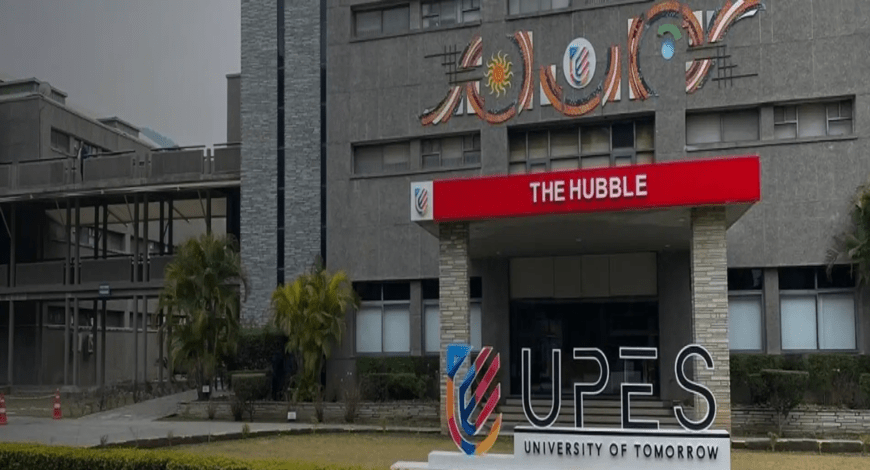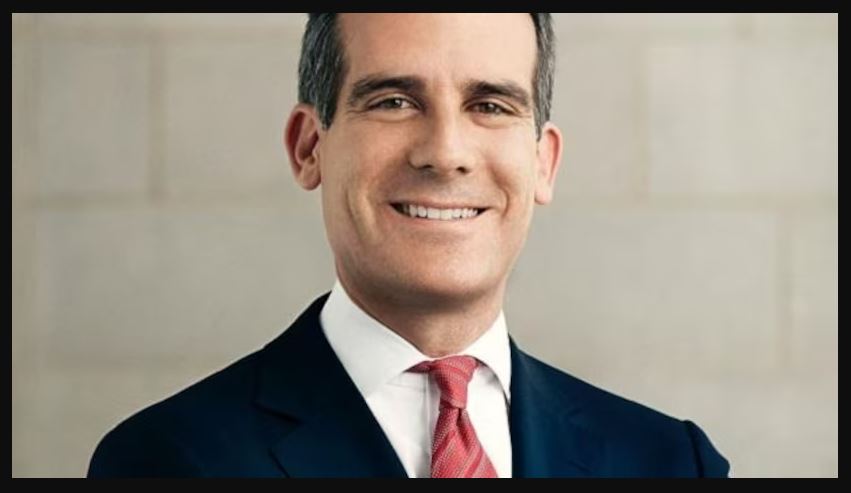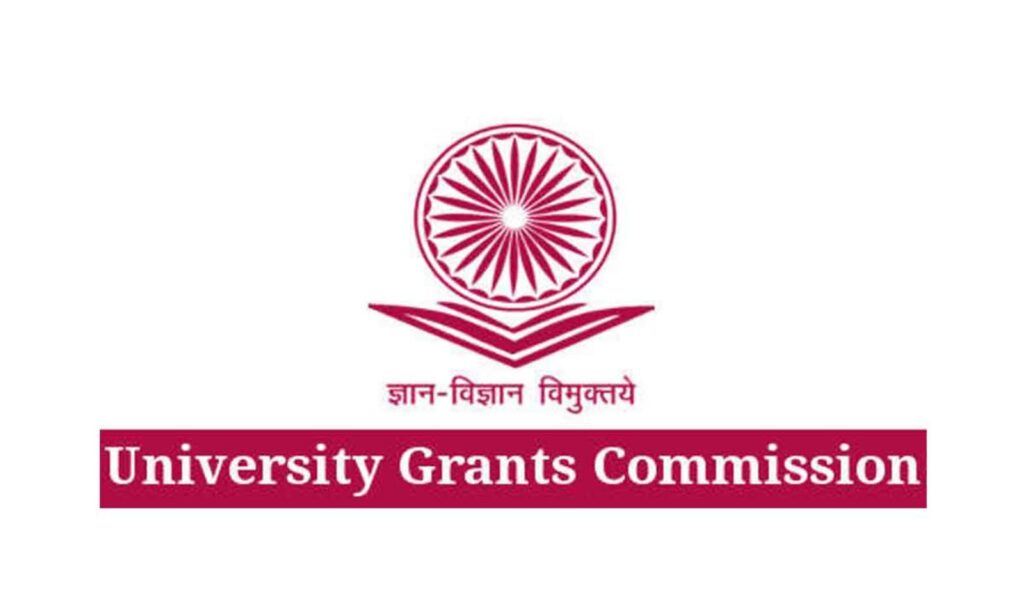- Summit organised with the purpose of discussing key aspects of the National Education Policy and other important topics on religion, technology and ethics
MIT World Peace Dome in Pune organised the G20 Interfaith Summit to offer the dialogue on various key aspects of the National Education Policy and other important topics on religion, technology and ethics. Key figures representing governmental bodies, institutes and private firms participated in the summit.
The inaugural day of this summit unfolded with a rich tapestry of enlightening breakout sessions, each illuminating critical domains poised for monumental transformation.
The sessions delved deep into thought-provoking subjects, such as the intersection of Religion, Ethics and Technology, the profound influence of business on fostering peace, the empowerment of women and the profound implications of India’s National Education Policy, amongst others.
The highlight of the 1st day of the summit was Indian National Education Policy where different perspectives were shared by various dignitaries like Rev. Prof. Vishwanath Karad, UNESCO Chair and Founding Chancellor, MIT-WPU, Pune, Bharat, Prof. Mangesh Karad, Executive President and Vice-Chancellor of MIT ADT University, Pune, India, Shailendra Sharma (Principal Advisor to the Minister and the Director of Education, Government of Delhi), New Delhi, Faizan Mustafa (Professor, Aligarh Muslim University; Former Vice-Chancellor of Nalsar University of Law), New Delhi, Prof. Ankur A. Kulkarni, Vice Chancellor, SAGE University, Indore, India, Arun Patil, Vice Chancellor, Chandigarh University, Chandigarh, India, Rajesh Dixit, Vice Chancellor, Renaissance University, Indore, India, Prof. Gopal Pathak, Vice Chancellor, Sarla Birla University, Ranchi, India, and M. D. Lawrence, Vice Chancellor, P.A. Inamdar University, Pune, India.
Shailendra Sharma (Principal Advisor (Hon) to the Minister and the Director of Education, Government of Delhi), New Delhi, addressed the audience, “There has been strong emphasis on building knowledge and introducing skills but very little is done on building the right values. That has been the missing block. The goal of education is to build knowledge, skills and values but has been limited to only knowledge and skills. Today just a degree is not enough, you need to have analytical skill, problem solving skills, soft skills, etc.”
Sharma concluded saying, “India does not need to become vishwaguru, we already are a vishwaguru, what we need is quality education for our children.”
Prof. V N Rajasekharan Pillai, Vice Chancellor & Member, Somaiya University & PERA, Mumbai, India, added, “In a diverse country like India, a national policy is important but state policies are equally important. It should not clash with each other. Technology is coming in a big way and changing the profiles of a classroom. Technology is important but it cannot teach. Teachers can only teach. They need to understand the context of education.”
Prof. Ankur A. Kulkarni, Vice Chancellor, SAGE University, Indore, highlighted the importance of regional languages and vernacular implications in education system.
Another key highlight session of the day was on Religion, Ethics, and Technology where Manisha Jain, Senior Partner, Architect Azure Machine Learning Platform, Microsoft highlighted that “Technology is advancing at such an astronomical rate, that the responsible use of it becomes critical.”
Deepak M Ranade, World Famous Neurosurgeon, Author of Speaking Tree Column, Times of India, News Daily, Pune concluded, “One of the most attributes of the human brain is the frontal lobes, which gives us the power of restraint and delayed gratification. If you see technology, it is making the human race much more hedonistic and it is becoming much more of an indulgence.”
As the curtains fall on the first day of the summit, it leaves us with the promise of a shared vision, a tapestry woven with diverse threads of wisdom and hope. With representatives from India and around the world converging under the same roof, the G20 Interfaith Summit has embarked on a journey towards a better, more harmonious tomorrow, fueled by the insights and collaboration of over 2000 attendees, including a distinguished array of speakers and leaders from various walks of life.



